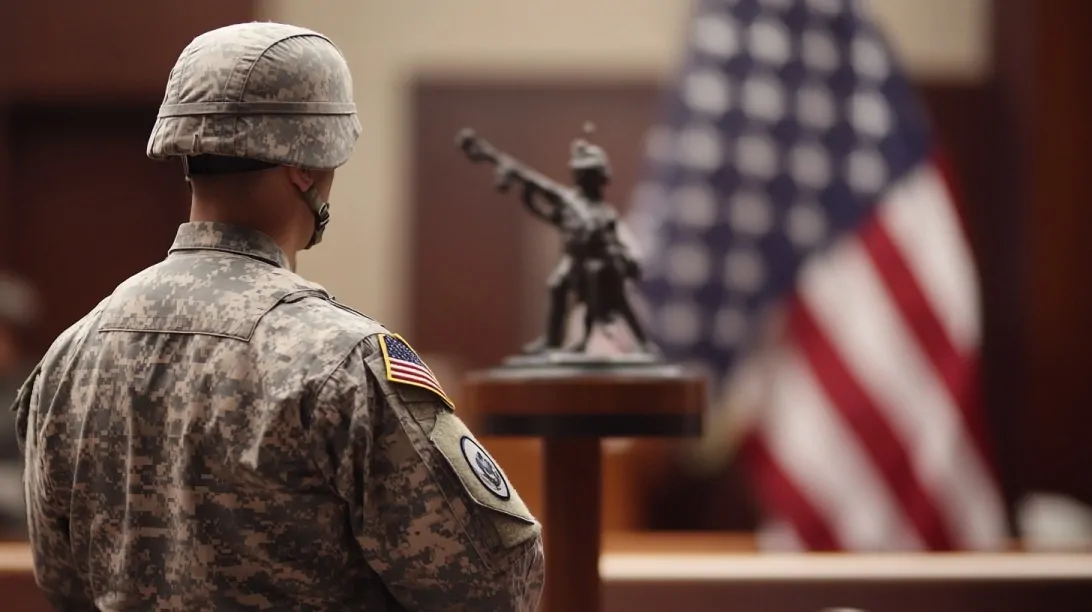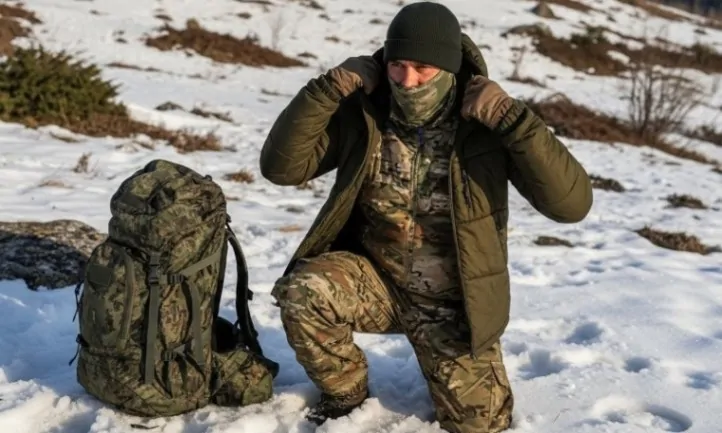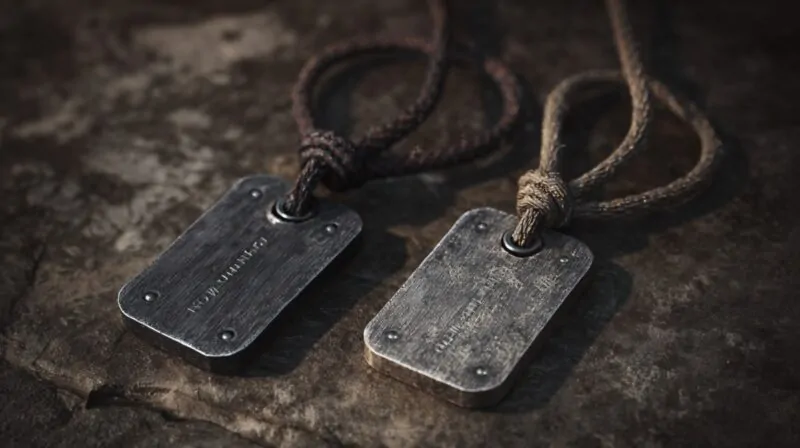Civilians can take legal action against the military under specific circumstances, usually involving personal injury, wrongful death, human rights violations, or breaches of contract. However, the path to legal redress is often complicated by legal doctrines like sovereign immunity, national security concerns, and jurisdictional issues.
In many countries, including the United States, legal action against the military is governed by specific statutes that allow for compensation but limit the scope of lawsuits in some areas.
For instance, in the United States, civilians who are harmed by military actions can sue the government under the Federal Tort Claims Act (FTCA), but with notable exceptions. In the UK, civilians may pursue claims under the Human Rights Act for violations that occur during military operations abroad, especially when those actions involve allegations of unlawful killing or abuse.
The likelihood of a civilian lawsuit against the military succeeding often depends on several factors: the nature of the military action, the type of harm inflicted, and the legal framework under which the claim is filed.
The military may use several defenses, including national security concerns, immunity, or the need to protect state secrets. Nonetheless, legal action can still succeed in some circumstances, particularly where human rights violations or negligent military conduct are involved.
Table of Contents
ToggleLegal Grounds for Civilian Action Against the Military

Civilians can pursue legal action against the military under various legal grounds, each governed by different rules and jurisdictions. These include:
Tort Claims (Personal Injury or Wrongful Death):
Civilians who are injured or killed due to military activities, whether in conflict zones or as a result of training accidents, may file a lawsuit for compensation.
Under the FTCA, individuals can sue for personal injury, property damage, or wrongful death caused by military personnel or operations. In 2019, the U.S. Department of Defense paid out $150 million in claims under the FTCA to civilians harmed by military operations.
Human Rights Violations (Domestic and International Law):
If civilians believe their human rights have been violated by military personnel, they can file lawsuits for violations of constitutional or international law.
The European Court of Human Rights has ruled on cases involving the UK military in Iraq, determining that human rights law applies to military operations abroad, especially in cases of unlawful killing and torture.
Breach of Contract:
When civilians engage in business contracts with the military, such as supplying goods or services, and the military fails to honor the agreement, contractors may seek legal remedies for breach of contract.
Environmental and Property Damage:
In some cases, military actions or negligence (e.g., military exercises or base operations) lead to environmental damage or destruction of civilian property. Lawsuits for compensation for such damages are not uncommon.
Sovereign Immunity and Jurisdictional Issues

One of the primary legal hurdles in suing the military is sovereign immunity, which shields the government and its agents from being sued under most circumstances. In the U.S., the Sovereign Immunity Doctrine limits the ability of civilians to file lawsuits against the military unless the government has waived that immunity.
The Federal Tort Claims Act allows for lawsuits under specific circumstances, but there are limitations, especially if the incident occurred during wartime or involved national security concerns.
Internationally, military actions that result in civilian harm may be subject to international law, including international humanitarian law (such as the Geneva Conventions) and international human rights law.
For example, the International Criminal Court (ICC) has the authority to hear cases involving military personnel accused of war crimes or crimes against humanity, such as the case against former Libyan leader Muammar Gaddafi’s military commanders for violations during the Libyan Civil War.
Military Defenses Against Civilian Lawsuits
When civilians file lawsuits against the military, several defenses may be raised to shield the military from liability. These include concerns about national security, operational necessity, and sovereign immunity.
| Defense | Description | Key Points |
| National Security and State Secrets | The military claims that revealing details about operations or harm could jeopardize national security. | Courts may dismiss cases involving sensitive information to protect state secrets. |
| Operational Necessity | The military argues that its actions were necessary for national defense, particularly during wartime. | The “combat immunity” doctrine protects military actions in conflict zones. |
| Sovereign Immunity | The military argues that it cannot be sued for actions performed within its official duties. | Personal injury and wrongful death claims may be exceptions under the Federal Tort Claims Act (FTCA). |
The military often cites national security concerns, claiming that revealing details of its operations could jeopardize state secrets. Courts are typically cautious and may dismiss cases that involve sensitive military information to avoid compromising security.
The military may argue that its actions were necessary for national defense, especially in wartime. The combat immunity doctrine shields military personnel from liability for actions taken during armed conflict, recognizing that military decisions are made to ensure national safety.
The defense of sovereign immunity prevents lawsuits against the military unless the government waives its immunity. While exceptions exist under the Federal Tort Claims Act (FTCA) for personal injury and wrongful death claims, sovereign immunity remains a strong defense for the military, especially for actions within the scope of military duties.
@ucmjattorney Legal Rights of Military Service Members #ucmj #njp #courtmartial #law #defender #militarylawyer #military #army #navy #airforce #marines #coastguard #spaceforce #lawyer #trial #ucmjdefender #harnishlaw ♬ original sound – Cody Harnish
Notable Cases of Civilian Lawsuits Against the Military
- Al-Skeini v. United Kingdom (2011): This landmark case involved the killing of six Iraqi civilians by British soldiers. The European Court of Human Rights ruled that the UK was responsible for the deaths, as the soldiers acted under the authority of the British government. This case established that human rights protections apply during military operations abroad.
- Abu Ghraib Scandal (2004): In the aftermath of the Abu Ghraib prison scandal, where U.S. military personnel were found guilty of abusing detainees, several lawsuits were filed by victims who sought compensation and accountability. In addition to military trials, civil lawsuits have been pursued against individuals and the military.
Key Protections Under the SCRA for Servicemembers
While civilians may pursue legal actions against the military, servicemembers have important protections under the Servicemembers Civil Relief Act that can influence how legal and financial matters are handled during their service.
Interest Rate Reduction to 6%
One of the most well-known benefits of the SCRA is the 6 percent interest rate cap on certain loans, including mortgages, car loans, credit card balances, and other types of credit, according to militaryverification.com.
This reduction is available to servicemembers during active duty and may continue for up to one year after the end of their service. Lenders who fail to comply with this request can face significant penalties.
Postponement of Legal Proceedings
Servicemembers can request a delay of court proceedings if their military duties prevent them from appearing in court. The request must be in writing and accompanied by a letter from the servicemember’s commanding officer confirming that their military service is the reason they cannot appear.
Lease Termination Rights
Active duty servicemembers can terminate leases for housing or automobiles without penalty if they are transferred to a new location or deployed for more than 90 days. This includes situations where a servicemember is deployed outside of the United States or transferred to a location that makes it impossible for them to continue a lease agreement.
Eviction Protection
The SCRA prevents eviction of military personnel or their dependents without a court order. If a servicemember is unable to pay rent due to military service, the court may grant a stay of eviction for up to three months.
Default Judgment Protection
If a servicemember is unable to attend court and a default judgment is entered against them during their active duty, they can request that the judgment be set aside. This provision ensures that military service does not prevent a fair hearing in court.
Compensation and Legal Recourse for Civilians
- Monetary Compensation: This is the most common form of relief, where civilians receive damages for injuries, property damage, or wrongful death. In the case of wrongful death caused by military actions in conflict zones, the amount of compensation can vary significantly depending on the jurisdiction and the circumstances of the case.
- Injunctive Relief: Civilians may seek an injunction, particularly in cases where ongoing military actions violate human rights. For example, a civilian might request a court order to stop the construction of a military base on indigenous lands.
- Reform of Military Practices: In some cases, legal action against the military can lead to broader changes in military conduct, particularly regarding the treatment of civilians, detainees, or the environment.
Conclusion: Navigating the Legal Challenges of Suing the Military
Suing the military is a complicated, high-stakes process that involves multiple legal challenges. Sovereign immunity, national security concerns, and the unique nature of military operations make such lawsuits difficult.
However, civilians who believe their rights have been violated or who have suffered harm due to military activities may still find success, especially when international law or human rights concerns are involved.
The ability of civilians to take legal action against the military often depends on the legal system in their country, the nature of the claim, and the willingness of the court to challenge the military’s actions. The potential for compensation and reform exists, but it requires navigating a system where the military’s actions are often defended by powerful legal doctrines designed to protect state interests.
Related Posts:
- Can You Take Legal Action Against the Military -…
- Is It Legal to Take Photos at a Military Base in the US
- What Happens When Safety Protocols Fail in the…
- Mexico's Lawsuit Against U.S. Gun Makers Reaches the…
- 7 Key Legal Differences Between Combat Injuries and…
- Unmanned Aerial Vehicles - Types of Military Drones…







